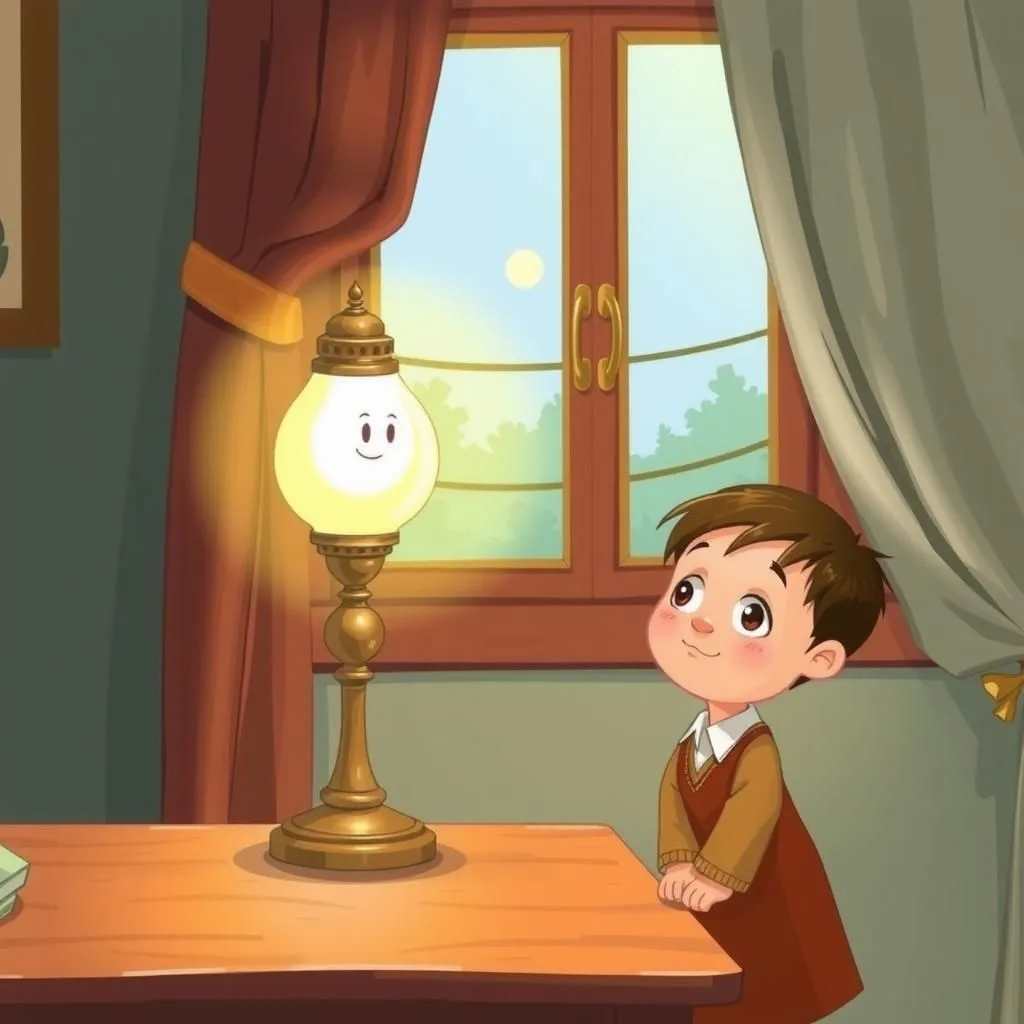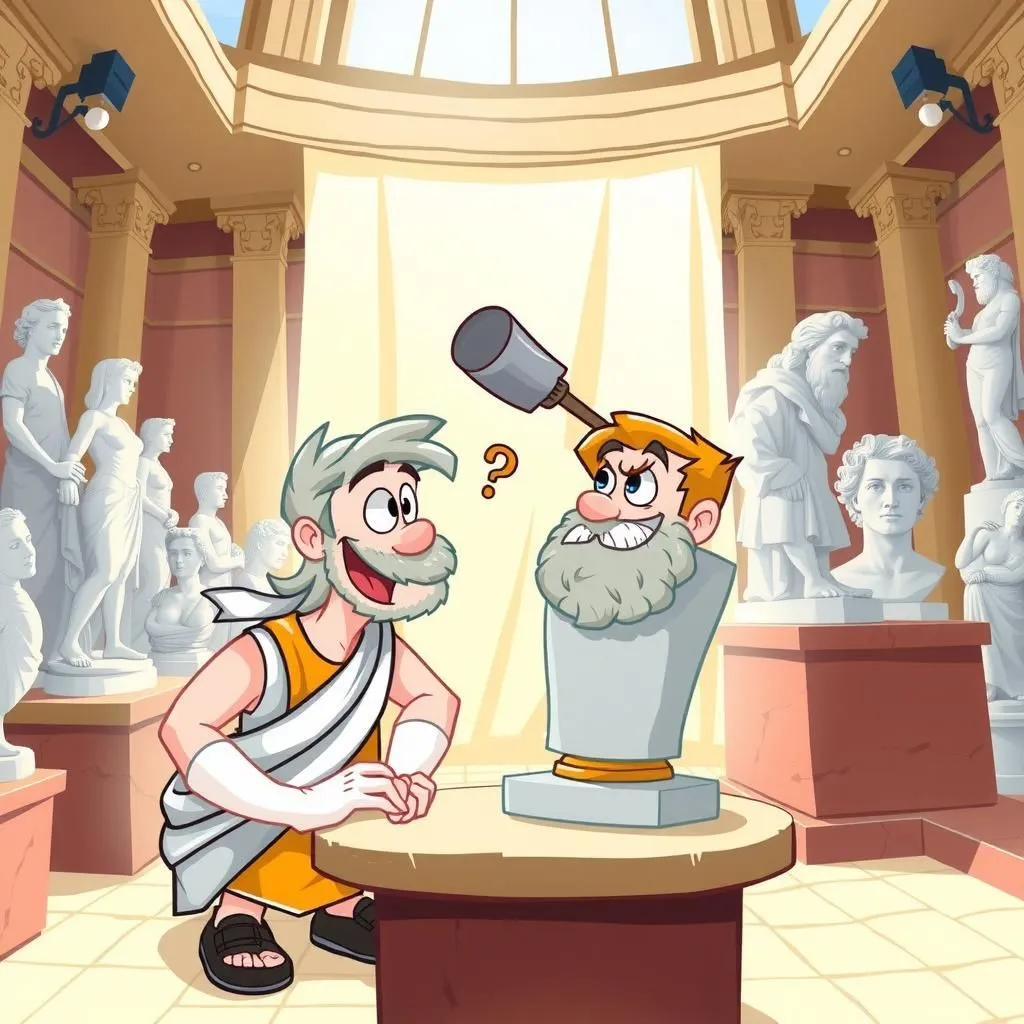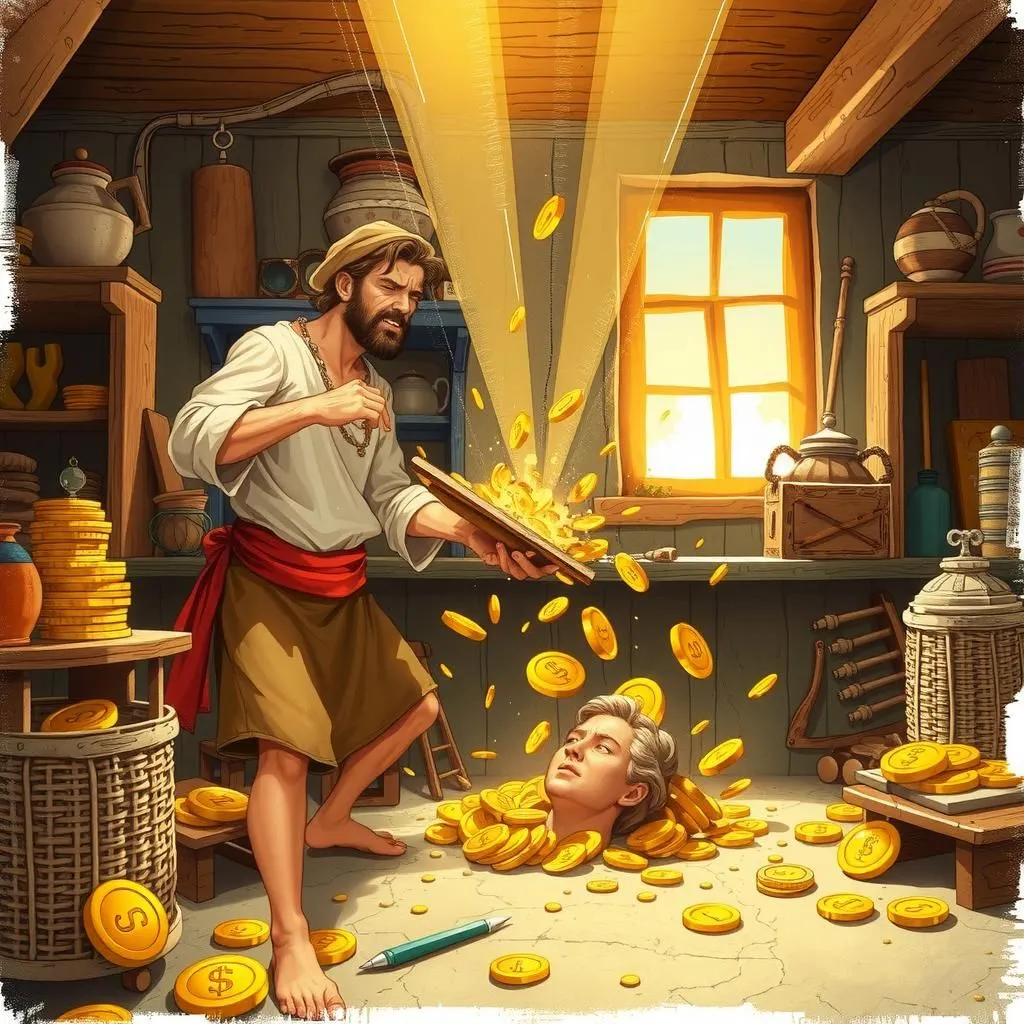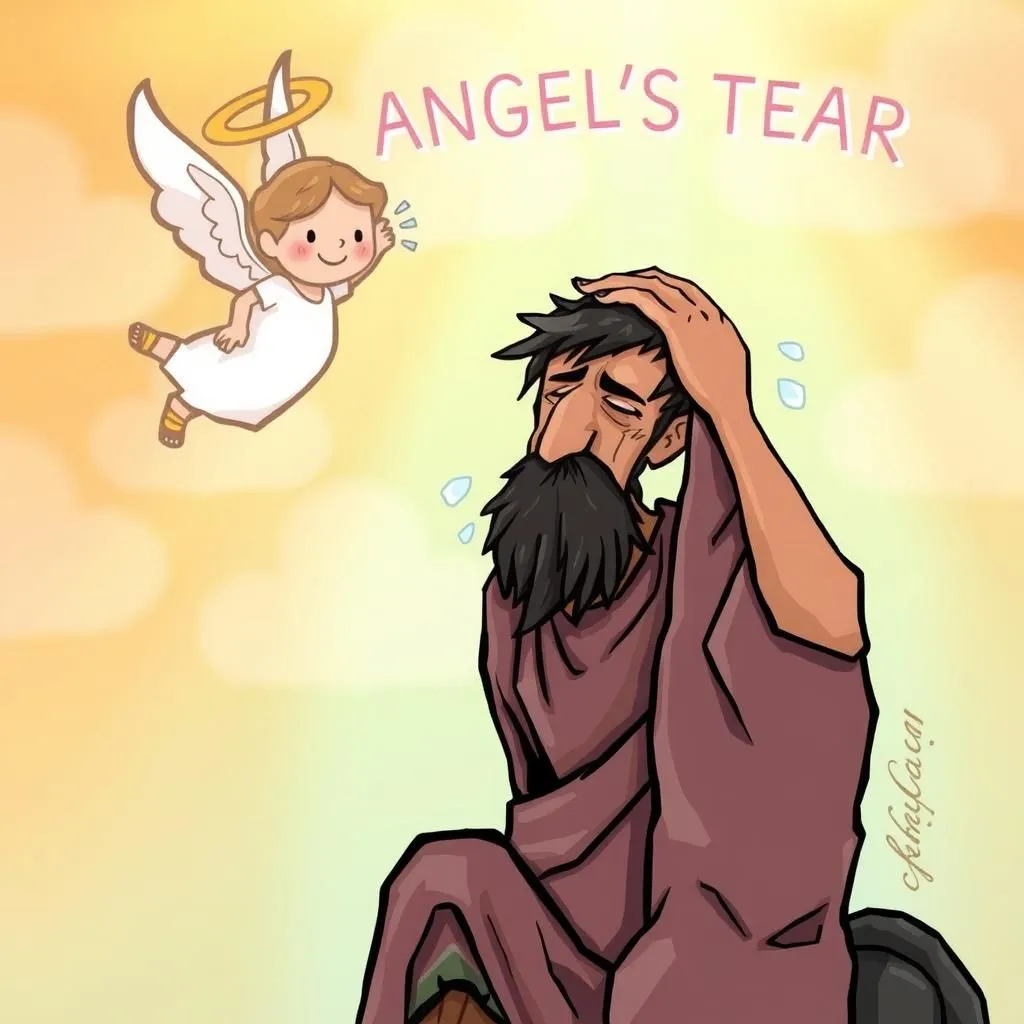
The Lamp
In "The Lamp," a boastful lamp, overly confident in its brightness, claims to outshine the sun but is quickly extinguished by a gust of wind. After relighting it, its owner imparts a life lesson, urging the lamp to embrace humility and provide light quietly, reminding it that even the stars do not need to be reignited. This simple short story conveys a timeless moral found in many famous fables, illustrating the importance of modesty in our pursuits.


